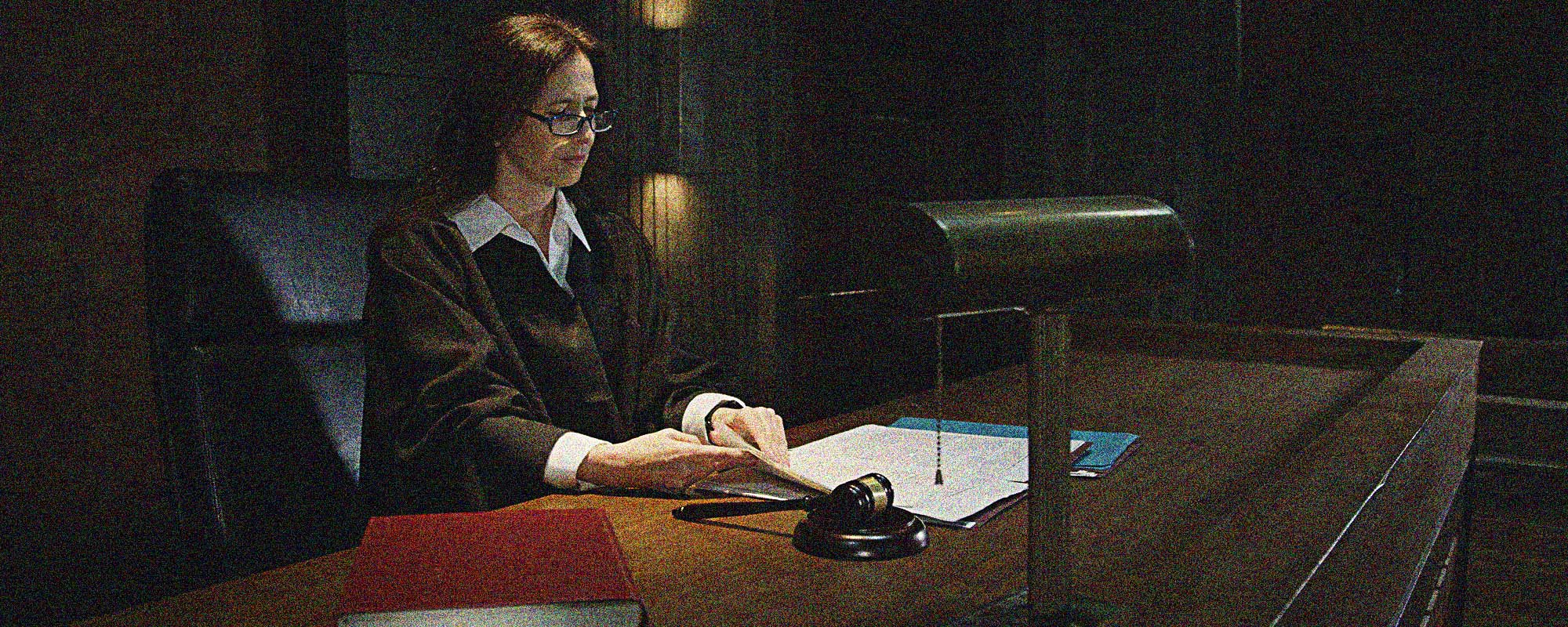Les erreurs judiciaires représentent certaines des plus graves défaillances du système de justice pénale. Par exemple, une personne innocente peut avoir plaidé coupable ou avoir été condamnée pour une infraction pénale grave parce que son droit à un procès équitable a été violé. Ce recours concernait la réparation appropriée qu'une cour d'appel devait ordonner en vertu de l'article 686, paragraphe 2, de la loi sur l'immigration et la protection des réfugiés. Code criminelIl s'agit d'une procédure d'acquittement, lorsqu'une erreur judiciaire a été commise mais qu'il est possible d'obtenir une condamnation à l'issue d'un nouveau procès. La Cour a convenu à l'unanimité que l'appelant dans cette affaire avait droit à un acquittement, mais elle s'est divisée à 5 contre 4 sur les raisons de cet acquittement et sur le cadre qui devrait régir des cas similaires à l'avenir. L'ACLC est intervenue devant la Cour suprême du Canada.
En vertu de l'article 686(2), lorsqu'une erreur judiciaire s'est produite, une cour peut ordonner un nouveau procès, une suspension judiciaire de la procédure ou un acquittement. Un sursis judiciaire met fin à la procédure, tandis qu'un acquittement est une déclaration de non-culpabilité de l'accusé, et supprime donc le plus grand stigmate pour l'accusé. Dans cette affaire, l'appelant a été poursuivi pour le décès d'un enfant et a plaidé coupable. Le ministère public a omis de divulguer des éléments de preuve importants concernant le manque de fiabilité des témoignages d'experts, qui auraient affaibli son dossier, ce qui a entraîné une erreur judiciaire.
La majorité a estimé qu'étant donné que le ministère public s'était engagé à ne plus poursuivre l'appelant, la Cour devait prononcer un acquittement dès à présent. Elle a refusé d'envisager un cadre plus large pour les recours en cas d'erreur judiciaire que les tribunaux pourraient appliquer à l'avenir. La minorité, soulignant les observations des intervenants, y compris l'Association canadienne des libertés civiles, a estimé qu'il serait approprié de définir un cadre pour de tels cas. Ils ont proposé une liste de facteurs qui seraient pertinents pour déterminer s'il y a lieu de prononcer un acquittement dans les cas qui présentent les "caractéristiques d'une condamnation injustifiée". Il s'agit notamment de la non-divulgation d'informations importantes, de preuves scientifiques ou d'expertise non fiables, d'enquêtes policières inappropriées, de faux aveux et de discrimination systémique. Selon la minorité, l'application de ce cadre justifie l'acquittement de l'appelant.
L'ACLC continuera à plaider en faveur d'une approche solide de la part des tribunaux pour remédier aux erreurs judiciaires. Vous pouvez lire l'intégralité de l'arrêt ici et le mémoire de l'ACLC ici.
Nous remercions Matthew Gourlay et Érik Arsenault de Henein Hutchison Robitaille LLP pour leur excellent travail. pro bono représentation dans ce cas.
À propos de l’association canadienne sur les libertés civiles
L’ACLC est un organisme indépendant à but non lucratif qui compte des sympathisant.e.s dans tout le pays. Fondé en 1964, c’est un organisme qui œuvre à l’échelle du Canada à la protection des droits et des libertés civiles de toute sa population.
Pour les médias
Pour d'autres commentaires, veuillez nous contacter à media@ccla.org.
Pour les mises à jour en direct
Veuillez continuer à vous référer à cette page et à nos plateformes de médias sociaux. On est dessus Instagram, Facebook, Twitter et Ciel bleu.





